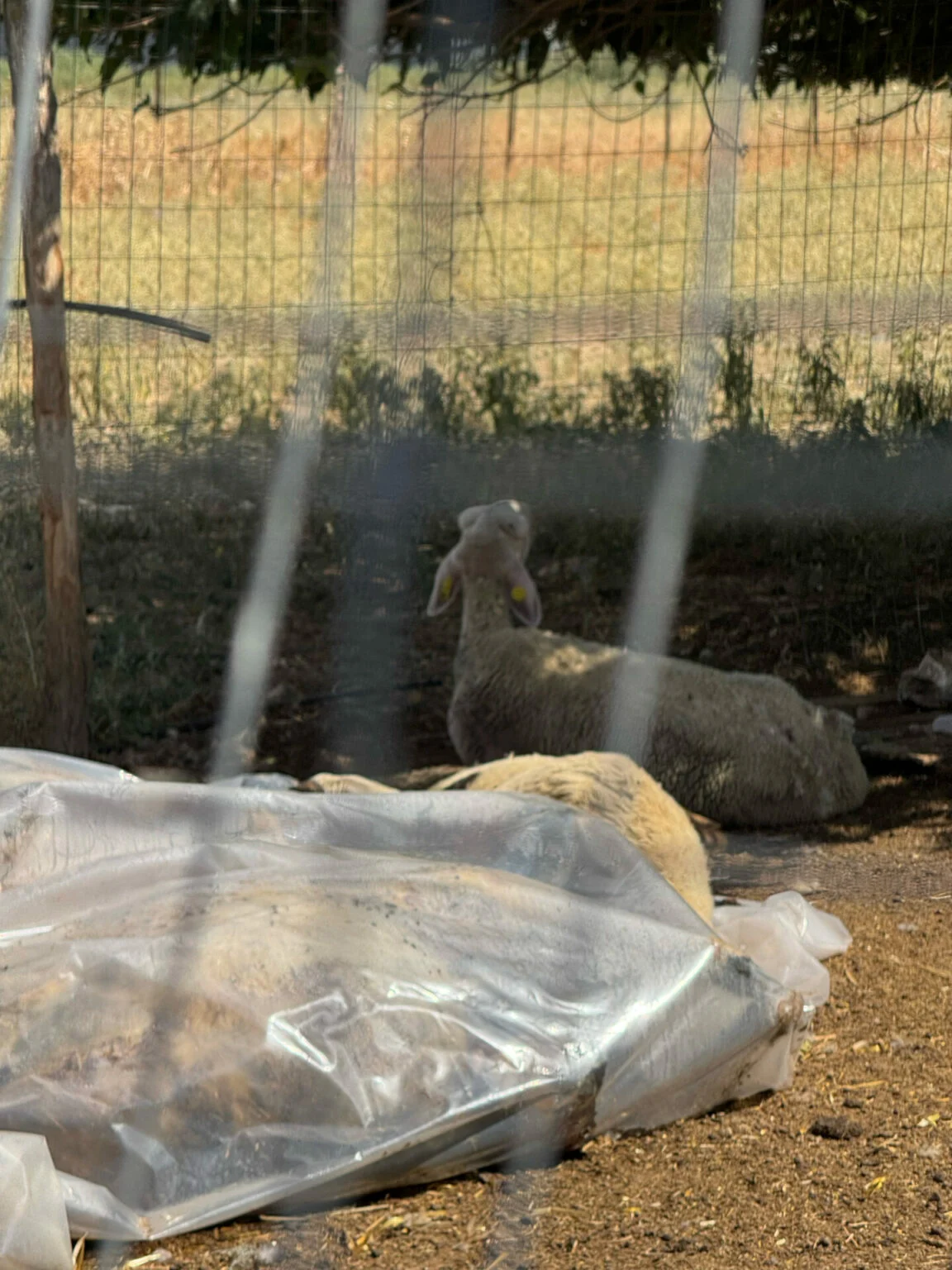Today, 27 newly released documents shed light on the significant pushback from industry lobbyists against recent advancements in animal welfare science. These papers challenge the latest scientific opinions issued by the European Food Safety Authority (EFSA).
Today, 27 newly released documents shed light on the significant pushback from industry lobbyists against recent advancements in animal welfare science. Obtained through Freedom of Information Requests, these papers challenge the latest scientific opinions issued by the European Food Safety Authority (EFSA), the EU’s food safety watchdog.
Investigative journalist Thin Lei Win secured these documents as part of an in-depth investigation conducted last year, published by Lighthouse Reports in collaboration with The Guardian and other media outlets. The exposé revealed how the meat lobby exerted significant pressure on the European Commission and its agencies, contributing to a legislative standstill in the much-anticipated revision of the EU animal welfare laws, including the Commission’s commitment to ban caged farming.
The 27 newly released documents raise critical questions about the influence of industry lobbyists on policy-making in the EU. Tactics employed by Big Agriculture include aggressively dismissing scientific evidence. Notable excerpts from their communications include:
- “…the recommendations are reflecting a lack of understanding of modern breeding technics, heritability of traits and sparse scientific evidence.”
- “Relevant studies should be performed instead of using unrelevant studies.”
- “The scientists, with their high-level expertise, have overlooked the facts, and provide instead their own opinions on what they thought might be the case. The estimates of the scientists, conflict with reality. They are also in conflict with the publications they have put forward themselves. […] The fact that EFSA puts this forward as a scientific opinion could be strongly questioned whether this is in line with science ethics. It suggests that the EFSA opinion is science and that it can be seen as a welfare advice, while it is not.”
Olga Kikou, Director of Advocacy at The European Institute of Animal Law & Policy and organizer of the ‘End the Cage Age’ European Citizens’ Initiative, stated: “These new documents reveal the meat lobby’s aggressive attempts to undermine the robust scientific evidence on animal welfare presented by the European Food Safety Authority. Europeans have a profound concern for animal welfare, yet EU animal protection laws have been stagnant for over a decade, despite claims to the contrary. We commend journalists for shedding light on the industry’s dirty lobbying tactics. It is essential for us, citizens, to ensure that politicians prioritize the public interest over the demands of a select few, whose primary goal is to avert progress for the sake of private profits.”
The ‘End the Cage Age’ European Citizens’ Initiative gathered 1.4 million verified signatures from across the EU and is the only Initiative that prompted the European Commission to commit to implementing all its requests. However, the Commission failed to propose a ban on cages by the 2023 deadline, leading Olga Kikou and the six other organizers to take legal action against the Commission.




